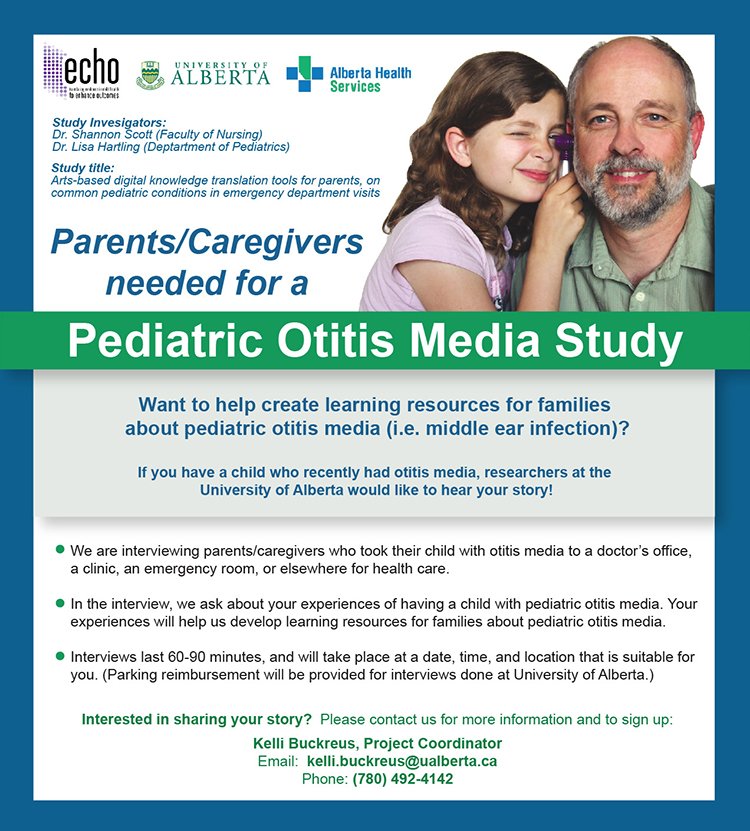Living with a chronic condition can result in a number of challenges, including alienation, isolation and loneliness. Oft times, these factors can be more problematic than the condition itself.
Fortunately, there are disease-related organizations that can assist individuals with their illness as well as other the challenges, such as those noted above. Sadly, some of these organizations are forfeiting these services in pursuit of a “cure.” As such, the person with the disease is becoming secondary to the disease itself. Click here to read what individuals with MS are facing.




